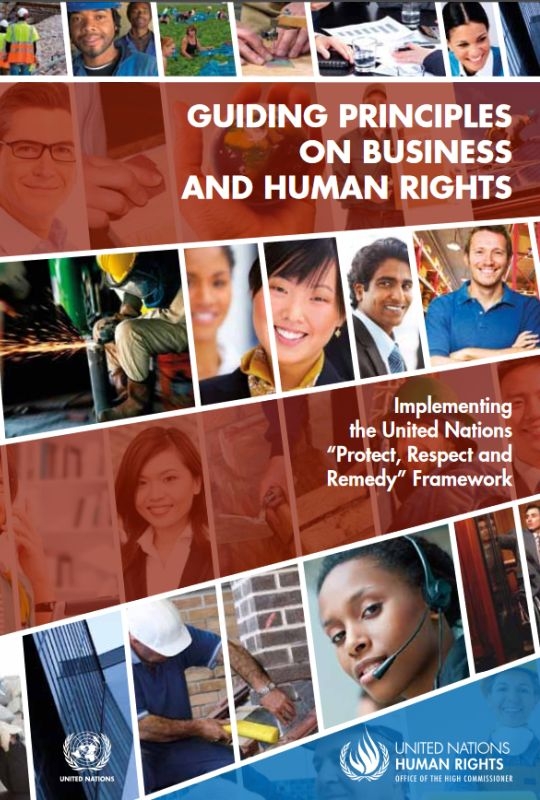To illustrate the potential use of the ‘UNGPs check’ tool, participants discussed the provisions for due diligence, risk assessment and oversight in the draft Digital Services Act (DSA) in the European Union – which aims at establishing a common set of rules for online intermediary services’ obligations and the protection of users’ human rights online – and discussed how the ‘UNGPs check’ tool could support its implementation.
‘To align with international human rights standards, the due diligence provisions in the DSA must introduce a clearer obligation for companies to adopt a human rights lens to the impact of their products and services. This should include scrutinising government-ordered take-down requests and resisting those that are not compatible with human rights’ adds Iverna McGowan, Director of the Centre for Democracy & Technology’s Europe Office.
Participants agreed that the stakes for EU policy-makers are high. More broadly, policy-makers globally need to understand how regulatory efforts around tech in one jurisdiction will shape how the corporate responsibility to respect human rights is interpreted in the tech sector, and might, in turn, affect regulation in another jurisdiction. Ideally, the ‘UNGPs check’ would construct bridges between different expert communities and across jurisdictions to foster a strong basis regarding the corporate responsibility to respect human rights in the technology sector – and build a concise, coherent and rights-respecting regulatory framework.








